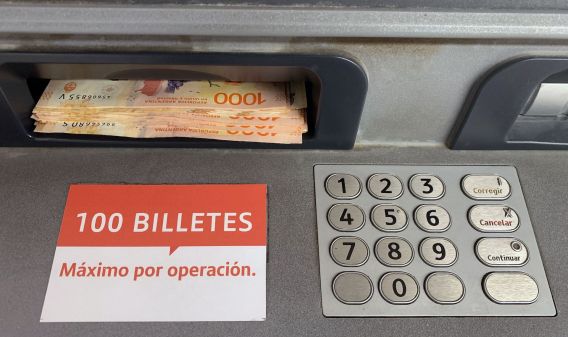‘Samuel Gold’ admits to hacking U.S. banks as part of cybercrime ring

A Brooklyn, New York, man pleaded guilty in federal court Friday of helping operate an international cybercrime ring that targeted U.S. banks and persons, court documents show.
Fifty-five year old Vyacheslav Khaimov was involved in an operation that deployed sophisticated malware to steal bank account login credentials from victims. After accessing the victims’ compromised bank accounts, the hackers were able to route funds using a wire service to a network of money mules, overseas accounts and foreign shell companies.
Khaimov was known in the underground hacking community by the alias “Samuel Gold.” He was originally charged with conspiracy to commit wire and bank fraud, wire fraud, bank fraud, money laundering conspiracy and money laundering.
“Modern-day bank robbers no longer need a gunman and a getaway driver. Today, they just need a malware operator and money mules to carry out their crime from anywhere in the world,” said William Sweeney, the assistant director of the FBI’s New York office.
It is not uncommon for cybercrime groups to employ money mules to hide their criminal trails. In 2016, KrebsOnSecurity discovered a phony Canadian customer service firm that lured unsuspecting job seekers to do the bidding of criminals. In that case, individuals were unwittingly forwarding and hiding illicit revenue streams.
Investigators say Khaimov stole at least $230,000 from eight different victims. In total, it is believe that Khaimov’s cybercrime ring caused more $1.2 million in losses, a criminal complaint shows — though that figure may grow as the FBI’s investigation continues.
Court documents suggest there may be at least four other coconspirators that worked with Khaimov. One of the other, unnamed suspects once controlled more than a dozen bank accounts in three different countries.
“The proliferation of malicious software is a scourge on our society,” U.S. Attorney for the Eastern District of New York Robert Capers wrote in a statement. “Cybercriminal networks like the network that the defendant allegedly was a part of are responsible for pillaging innocent victims’ bank accounts and wreaking havoc on our financial institutions through the use of malware. They will be pursued and prosecuted to the full extent of the law.”





